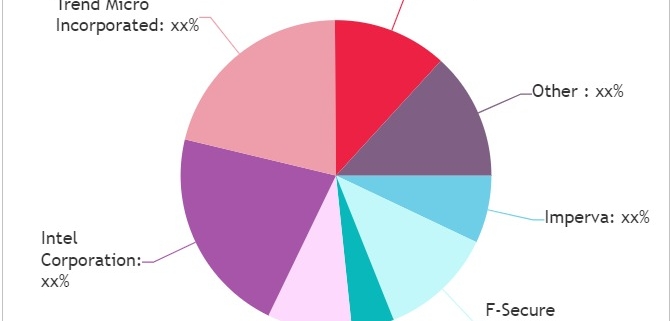Michael Gove insists on ‘robust’ security despite Liz Truss phone hack claims | Politics | News
The embarrassing revelation is the second security row to rock the Government in two weeks.
It comes amid criticism of Suella Braverman’s reappointment as Home Secretary after she breached the ministerial code by passing on Government documents from her personal phone.
The Russian hack was discovered while Ms Truss was running for the Tory leadership but was apparently kept out of the public eye by then-prime minister Boris Johnson and Cabinet secretary Simon Case.
But when quizzed about the matter yesterday, Levelling Up Secretary Mr Gove said: “I’m sure that Liz, both as foreign secretary and as prime minister, will have followed the advice that she was given by the intelligence and security communities.
“The more that we talk in detail about these things, the more that we risk giving information to people who wish this country and its citizens harm.”
Mr Gove said he did not know the full details of “what security breach, if any, took place”.
He said: “What I do know is that the Government has very robust protocols in place in order to make sure that individuals are protected, but also that Government security and national security are protected as well.”
He refused to discuss the potential implications as “loose lips can sink ships when it comes to these questions”.
Former MI6 chief Sir Alex Younger said MPs do not understand enough about cyber-security.
He said: “Levels of education aren’t high enough, and I don’t think people are focusing enough on the risks to their security and their devices, because these are hidden threats that aren’t properly understood.
“I think that’s true of ministers as anyone else, and there’s a premium on making sure that they’re properly educated.
“I would be extremely surprised, by the way though, if the sort of material that we handled in the agencies – so secret intelligence material – gets anywhere near mobile devices connected to the internet, in ministerial hands or otherwise.”
The former head of the Army, Lord Dannatt, said: “Our leaders must be sufficiently disciplined to only communicate through authorised means which themselves are encrypted and are secure.
“We’ve seen it with Suella Braverman,…




